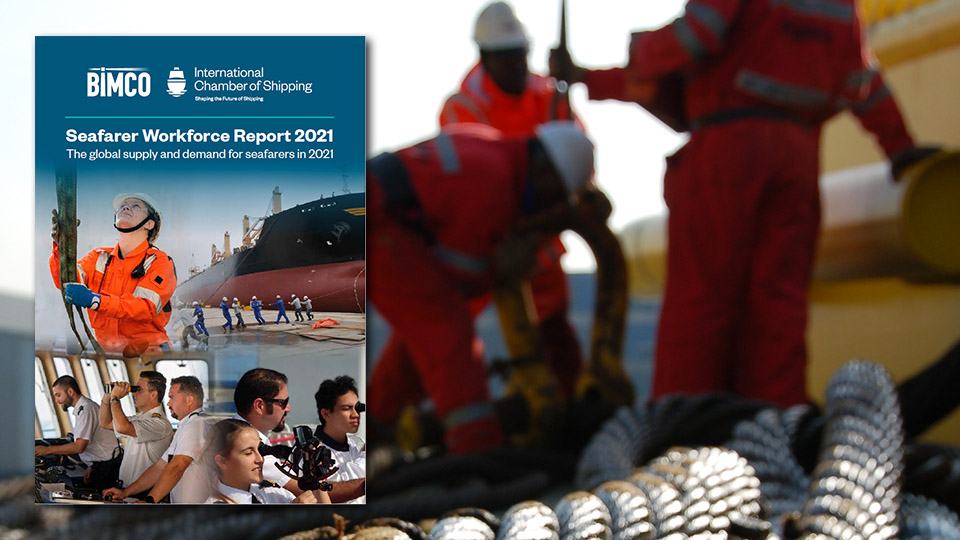COVID-19 affecting new inventory of hazardous materials requirements in December
Overview
From 31 December 2020, all ships of 500 GT and above – regardless of the flag they are flying – will be required to carry an inventory of hazardous materials (IHM) when calling a port or anchorage of a country that is a member of the European Union (EU) or European Economic Area (EEA). Failure to do so may result in penalisation.
The European Union’s Ship Recycling Regulations (EUSRR) that came into force in December 2018 pose certain obligations to all ships of 500 gross tonnage (GT) and above, flying the flag of countries in the EU or EEA, with certain exceptions such as warships, naval auxiliary or other ships on non-commercial service.
In addition, there is a requirement in EUSRR that applies to not only ships flying the flag of countries in the EU or EEA but also to all ships of 500 GT and above, regardless of the flag they are flying, when calling a port or anchorage of a country that is a member of the EU or EEA.
The requirement is that from 31 December 2020, all such ships should carry an inventory of hazardous materials (IHM) that is compliant with EUSRR, and for ships flying a flag of country outside the EU/EEA region, this must be accompanied by a statement of compliance from the flag state.
Port state control officers will control the certificate and the quality of the IHM and in case of non-compliance, ships may be warned, detained, dismissed or excluded from the ports or offshore terminals under the jurisdiction of a member state.
For existing ships, the IHM should be based on visual and sampling checks and include the approximate quantity and location of a number of specified hazardous materials on board. While the IHM can be generated by own resources of a shipowner, there are IHM service providers, including classification societies, which already offer such services.
The following guidance documents on this subject are available for users through:
- International Maritime Organization (IMO)
- A guidance document developed by industry associations including BIMCO
- The European Maritime Safety Agency’s (EMSA)
When external companies are used, visual and sampling checks require IHM service providers to board each ship. Experience has shown that the whole process may take three months or longer, depending on the size and construction of the ship and how the desktop review has been prepared by the shipowner.
The International Association of Classification Societies (IACS) provides the following guidance about IHM surveys: “The initial desktop review may be performed remotely and followed up by onboard verification at a later date, subject to flag administration’s approval.”
In the present COVID-19 situation however, possibilities of having IHM service providers and surveyors on board is limited due to travel restrictions and lock-down measures arising from COVID-19.
It is therefore recommended that owners and operators of existing ships, who trade in EU and EEA countries, plan well in advance to comply with EUSRR IHM requirements by the 31 December 2020 deadline.
Feedback or a question about this information?
VPS Bunker Alerts
Veritas Petroleum Services (VPS) publish regular Bunker Alerts based entirely on fuel samples and have kindly permitted BIMCO’s Members to access this information.
The Bunker Alerts are not intended to be an evaluation of overall bunker quality in the port or area concerned, but usually highlight a specific parameter within the fuel which has raised a quality issue.
Latest ice reports for members
Latest piracy reports
Latest industry releasable threats
ELSEWHERE ON BIMCO
Contracts & Clauses
All of BIMCO's most widely used contracts and clauses as well as advice on managing charters and business partners.
Learn about your cargo
For general guidance and information on cargo-related queries.
BIMCO Publications
Want to buy or download a BIMCO publication? Use the link to get access to the ballast water management guide, the ship master’s security manual and many other publications.
About a new business partner
We can help members check new business partners. We also help to recover millions of USD (undisputed) funds every year.




